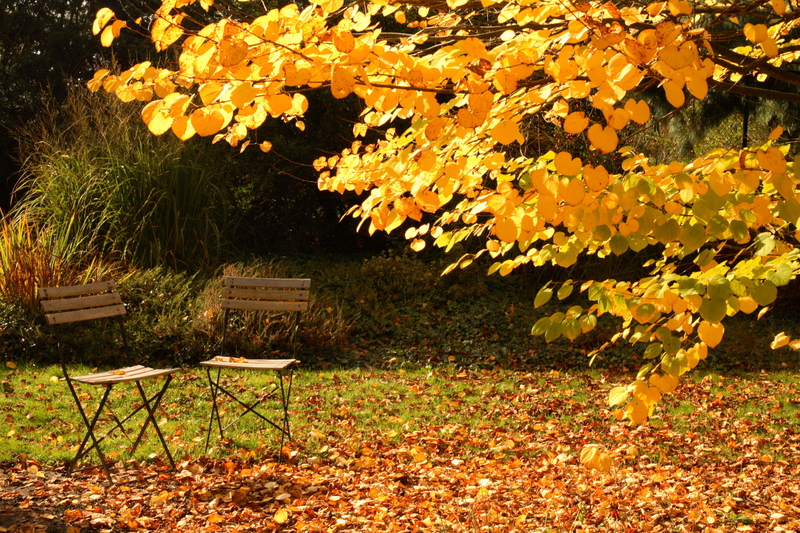Gardening Yeading: Cultivating a Green Oasis
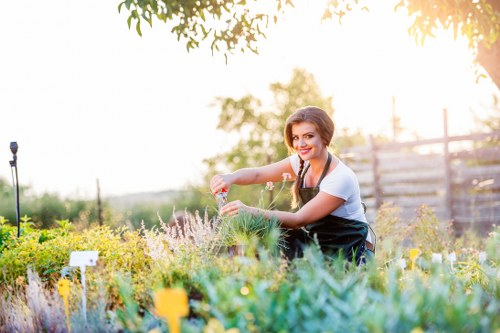
Gardening in Yeading offers a unique blend of challenges and rewards for both novice and experienced gardeners. With its diverse climate and soil conditions, Yeading provides an ideal environment for a wide variety of plants. Whether you're looking to create a vibrant flower bed, a productive vegetable garden, or a serene green space, understanding the specificities of Gardening Yeading is essential for success.
The community in Yeading is passionate about maintaining and enhancing their green spaces. Local nurseries and gardening clubs are thriving, providing residents with access to resources, workshops, and support networks. This communal spirit not only fosters a sense of belonging but also encourages the sharing of knowledge and techniques that are tailored to the Yeading area.
One of the key factors in successful Gardening Yeading is selecting the right plants. Native species are often the best choice as they are adapted to the local climate and soil conditions, requiring less maintenance and being more resistant to pests and diseases. Popular choices include lavender, roses, and various herbs that thrive in Yeading's environment.
Proper soil preparation is another critical aspect of Gardening Yeading. Testing the soil's pH and nutrient levels can help determine what amendments are needed to create a fertile growing medium. Incorporating organic matter, such as compost or well-rotted manure, can improve soil structure, enhance nutrient availability, and support beneficial microbial activity.
Water management is equally important. Yeading experiences varying rainfall throughout the year, so implementing efficient irrigation systems, such as drip irrigation or rain barrels, can help conserve water while ensuring plants receive the moisture they need. Mulching around plants also helps retain soil moisture, regulate temperature, and suppress weeds.
Pest and disease control in Gardening Yeading should focus on sustainable practices. Encouraging natural predators, like ladybugs and birds, can keep pest populations in check without the need for chemical interventions. Additionally, selecting disease-resistant plant varieties and practicing crop rotation can minimize the risk of widespread plant ailments.
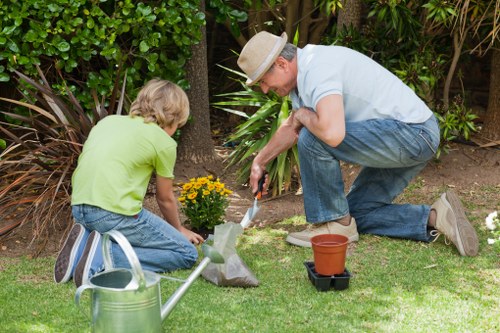
Seasonal planning is a vital component of Gardening Yeading. Understanding the local climate patterns allows gardeners to plan their planting schedules effectively, ensuring that plants have the optimal conditions for growth and blooming. Spring is ideal for planting perennials and cool-season vegetables, while summer can be reserved for warm-season crops and annual flowers.
Pruning and maintenance are necessary to keep gardens healthy and aesthetically pleasing. Regularly trimming overgrown branches, removing dead foliage, and staking tall plants can prevent damage and promote robust growth. Additionally, deadheading spent flowers encourages plants to produce more blooms, enhancing the garden's visual appeal.
Creating themed gardens can add a unique touch to Gardening Yeading projects. Whether it's a butterfly garden, a herb garden, or a water feature, themed areas can serve as focal points and provide specific habitats for various wildlife species. These specialized zones not only beautify the space but also promote biodiversity and ecological balance.
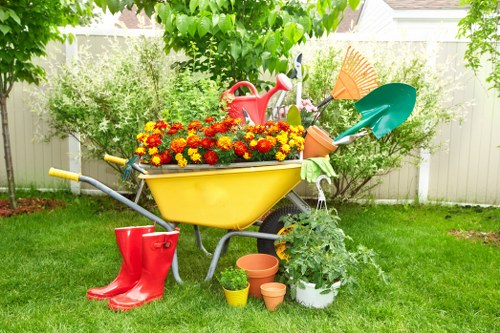
Enhancing garden aesthetics in Yeading involves more than just plant selection. Incorporating hardscape elements like pathways, garden beds, and decorative structures can add depth and interest to the space. Materials such as stone, wood, and metal can be used to complement the natural surroundings and create a cohesive design.
Lighting plays a significant role in garden design, especially in the evening hours. Solar-powered lights, lanterns, and fairy lights can illuminate pathways and highlight key features, extending the usability and enjoyment of the garden into the night. Thoughtfully placed lighting not only enhances safety but also creates a magical ambiance.
Gardening Yeading also offers opportunities for sustainable living. Implementing composting systems, rainwater harvesting, and growing your own food reduces your environmental footprint and promotes self-sufficiency. These eco-friendly practices contribute to a healthier garden ecosystem and a more sustainable lifestyle.
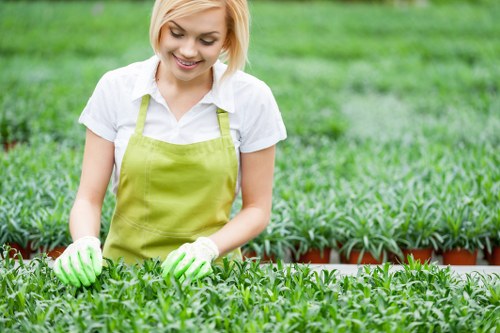
Community involvement is a cornerstone of Gardening Yeading. Participating in local events, such as plant swaps, garden tours, and workshops, can help gardeners stay informed about the latest trends and techniques. These events also provide a platform for exchanging ideas and fostering collaborations that can lead to innovative gardening projects.
Educating the next generation about the importance of gardening and environmental stewardship is another important aspect. Schools and community centers in Yeading often host gardening programs for children, teaching them valuable lessons about plant biology, sustainability, and the benefits of spending time outdoors.
As technology advances, Gardening Yeading can also incorporate smart gardening tools. Automated watering systems, soil sensors, and mobile apps for garden management can streamline the gardening process, making it easier to monitor plant health and optimize growing conditions. Embracing these technologies can enhance productivity and ensure a thriving garden throughout the year.
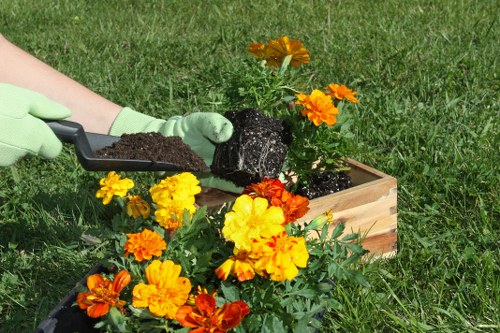
In conclusion, Gardening Yeading is a rewarding endeavor that combines creativity, community, and sustainability. By understanding the local environment, selecting appropriate plants, and implementing effective gardening practices, residents can create beautiful and productive gardens that enrich their lives and the surrounding community. Whether you are a seasoned gardener or just starting out, Yeading offers the perfect setting to cultivate your green oasis.
